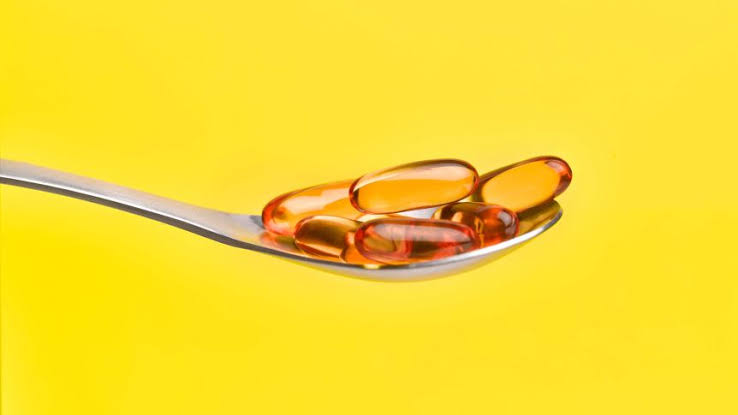Abby HaglageMay 14, 2020, 3:12 PM GMT+1
A new study from researchers at Trinity College Dublin has hypothesized that vitamin D deficiency may be linked to higher mortality rates from COVID-19. Published in the Irish Medical Journal, the report analyzed vitamin D levels of older people in countries heavily affected by the coronavirus and found that places with high death rates from COVID-19, including Italy and Spain, also had rates of vitamin D deficiency.
Countries such as Norway, Finland and Sweden, although typically less sun-filled, actually showed lower rates of vitamin D deficiency as well as lower mortality rates from COVID-19. The researchers suggest that “supplementation and fortification of foods” could be why vitamin D is at healthy levels there — and that “optimizing” vitamin D levels elsewhere may prevent serious coronavirus complications.
Vitamin D is critical for bone and muscle health and has shown effectiveness in combating depression. Nicknamed the “sunshine vitamin,” it is naturally produced by the skin when exposed to sunlight, but it can also be absorbed through vitamin-D-rich foods, such as salmon and whole eggs, as well as supplements. Deficiency in this vitamin, which is more common among black people, can lead to problems like bone issues and hair loss and can compromise the immune system.
Dr. William Schaffner, an epidemiologist and a professor in the division of infectious diseases at Vanderbilt University, tells Yahoo Life that the research from Ireland is promising but doesn’t prove a causal link between the two. “This study is done from 50,000 feet,” Schaffner says. “These authors have gathered data from clinics in a variety of countries. … But we haven’t done an actual study in patients in a prospective fashion. So it’s an interesting hypothesis, but it’s not a route to either prevention or cure at this point.”
Equally cautious about the study is Dr. Kavita Patel, a nonresident fellow at the Brookings Institution and Yahoo Life medical contributor. “I have no reason to believe that there is some significant association with vitamin D and [COVID-19] mortality,” Patel says. “It just doesn’t make sense to me clinically.” That’s not to say, however, that she doesn’t consider vitamin D to be beneficial when it comes to respiratory infections.












